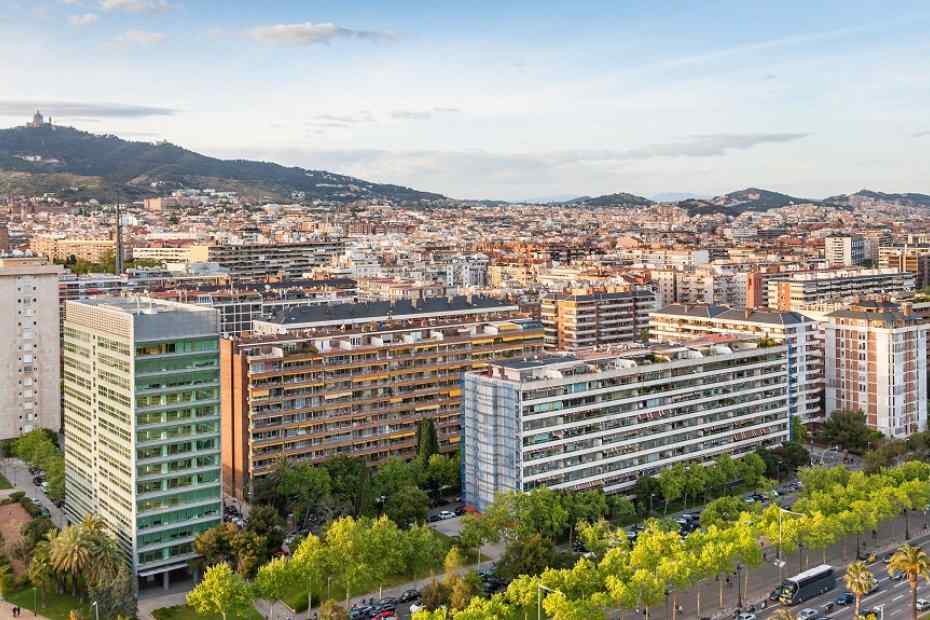Spain is one of the most livable countries in Europe. Different qualities make this country attractive in terms of investment. So, owning property in Spain is also a privilege. For those who are curious, it is not difficult to own a property in Spain. In this article, we have given information about owning property in Spain.
Before you buy a property, you should create a budget in your mind and do your research under this budget. Your purpose for purchasing the property also determines your criteria. If you're buying as an investment, look for popular vacation spots on the coast or in major cities like Barcelona and Madrid. These properties are likely to increase in value and will generate good rental income. For a permanent home, you should focus on your quality of life. Look at local infrastructure, facilities, and accessibility. If you want to be around other ex-pats, look for towns and cities with thriving immigrant communities.
You should pay brokers, lawyers, and others a stamp duty of about 1 percent of the purchase price of your new home. If you are buying a new house, you must also pay 10 percent VAT tax on the property when you close the sale of the house.
Spain is a big country with different regions. Climate, activities, and the size of the local migrant community are factors you should consider. Along the beaches of the east coast are thriving immigrant communities, beautiful beaches, and a mild climate.
The southern regions and islands are more expensive, but many of these places are tourist attractions, so if you're planning on renting out your Spanish property when you're not using it, it might work for you.
The cheapest properties tend to be in the northern interior, where the climate is warmer and drier inland and cooler on the northwest coast. Winters may be less mild than in the southeast, but the region has a lower cost of living and a more rural feel.
You can also buy properties in different states of readiness. There are different costs associated with different types of property.
New construction (Obra Nueva) is the most expensive type of property you can buy in Spain. However, the biggest advantage is that you know exactly what you're getting, and you don't undergo any remodeling costs.
You can also buy a resale property, an existing home that has been sold at least once. These properties are generally safer investments, provided you understand how much you need to spend on repairs or renovations.
The off-plan (Sobre Plano) property has been approved for construction by local authorities, but construction is not yet complete. You can get a lower price for these properties than for new construction, but you run the risk that the house will never be finished.
Get Número de Identificación de Extranjero (NIE), (Foreigner Identification Number) if you want to do any business or financial transaction, including buying a house or opening a bank account in Spain.
EU citizens automatically get one when they register, while others must first register and obtain a residence permit (assuming you want to stay in the country for more than three months).
You can apply for an NIE at the Spanish embassy in your home country. It can take several weeks to do it this way, so be sure to plan ahead.
If you want to buy property in Spain, you will need insurance and a Spanish bank account. Most sellers only accept checks drawn from Spanish banks and paid in Euros.
You should also request a full survey before purchasing the property, even if the property has been surveyed fairly recently.
After negotiating a sales contract and securing financing, you will complete your purchase. You must register the property. In Spain, the buyer is responsible for registering the transfer of ownership with the local registry office. If you used a notary for closing, they provide this service for a fee.
